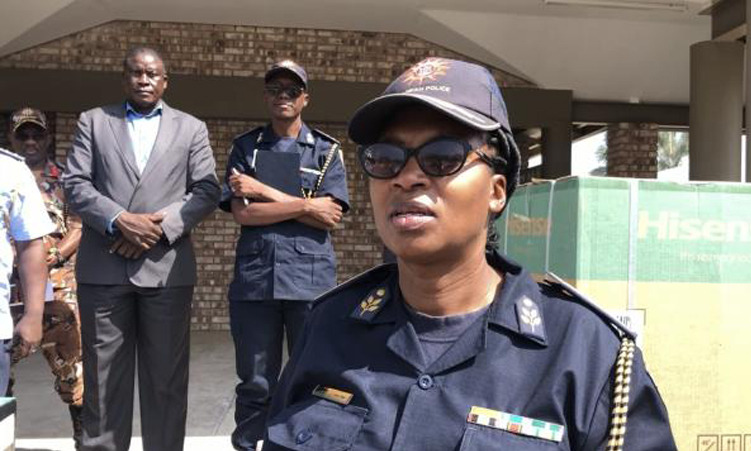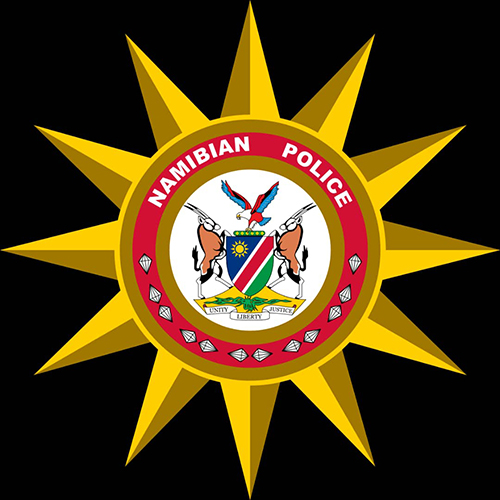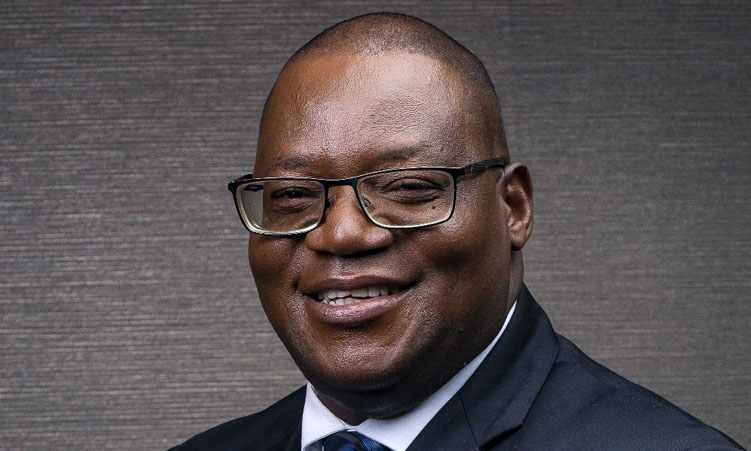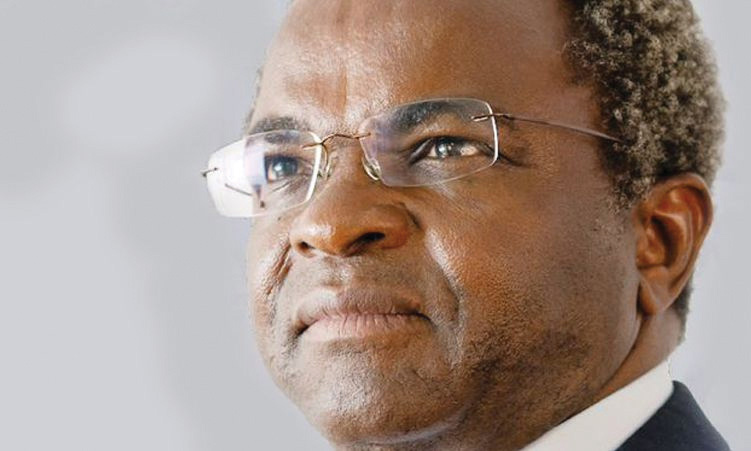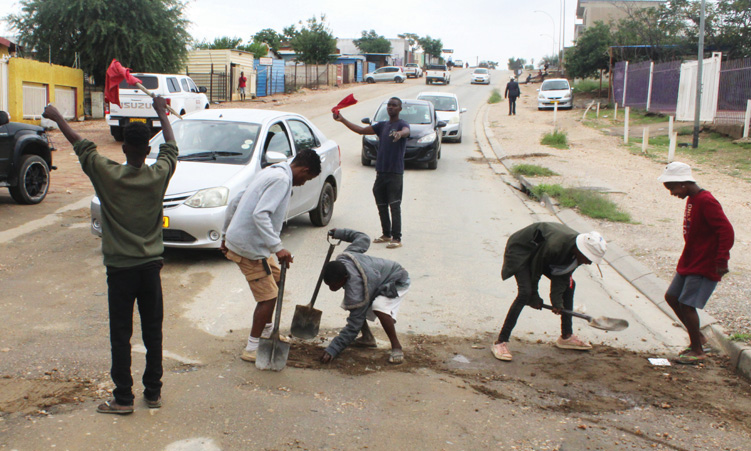The Kavango West police say gender-based violence (GBV) in the region has decreased thanks to intensified awareness campaigns at schools and communities, and meetings with traditional and youth leaders.
They have recorded 18 cases of GBV from January to March – a decrease from 28 cases in the same period last year.
These statistics were revealed by Kavango West regional commander commissioner Julia Sakuwa-Neo at the handover of goods from the United Nations Population Fund (UNFPA) to the police’s GBV shelter at Nkurenkuru.
The GBV cases include rape, attempted rape, assault by threat from intimate partners, GBV assault, and the violation of protection orders.
Sakuwa-Neo said one case was withdrawn by the complainant, and three are still under investigation, while 15 people were arrested during this period.
The rape cases involve victims between five and to 21 years, while domestic violence cases involve victims between 16 and 55 years old.
“Rape generally happens when minors are left unattended at home or left with domestic workers, especially cattle herders. Fathers are turning on their own daughters, stepdaughters . . .
“In instances of domestic violence, most victims are women and crimes take place when either party or when their brothers are under the influence of intoxicants. Alcohol abuse remains a major contributor to most occurrences,” Sakuwa-Neo said.
The commissioner said the police are faced with many challenges when attending to and investigating cases of GBV due to traditional and cultural beliefs.
Many cases go unreported while some withdraw cases to resolve disputes traditionally.
“Young girls get cohabitated by elder men and end up in abusive relationships. Their parents or guardians turn a blind eye on the relationship of a minor with a man in their 40s or older.
“Rape is sometimes not reported on time, which leads to erosion of evidence,” Sakuwa-Neo said.
She appealed to the community and parents to ensure the protection of
women and children by reporting any case of GBV.
Stay informed with The Namibian – your source for credible journalism. Get in-depth reporting and opinions for
only N$85 a month. Invest in journalism, invest in democracy –
Subscribe Now!




